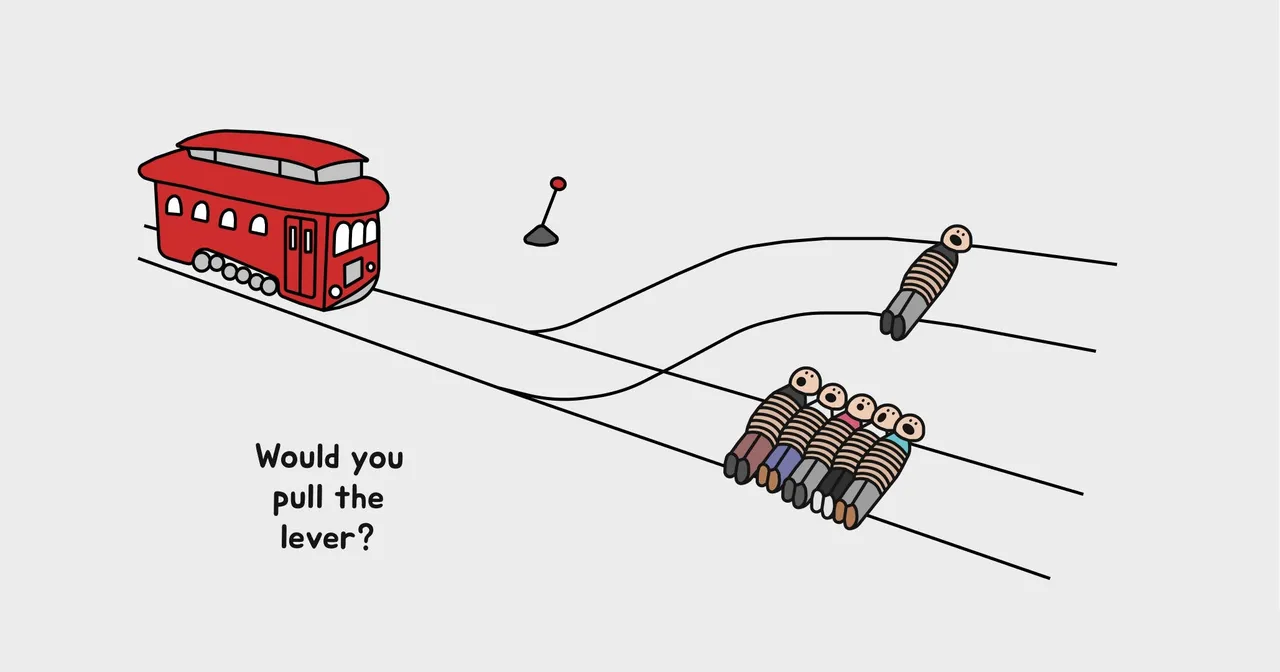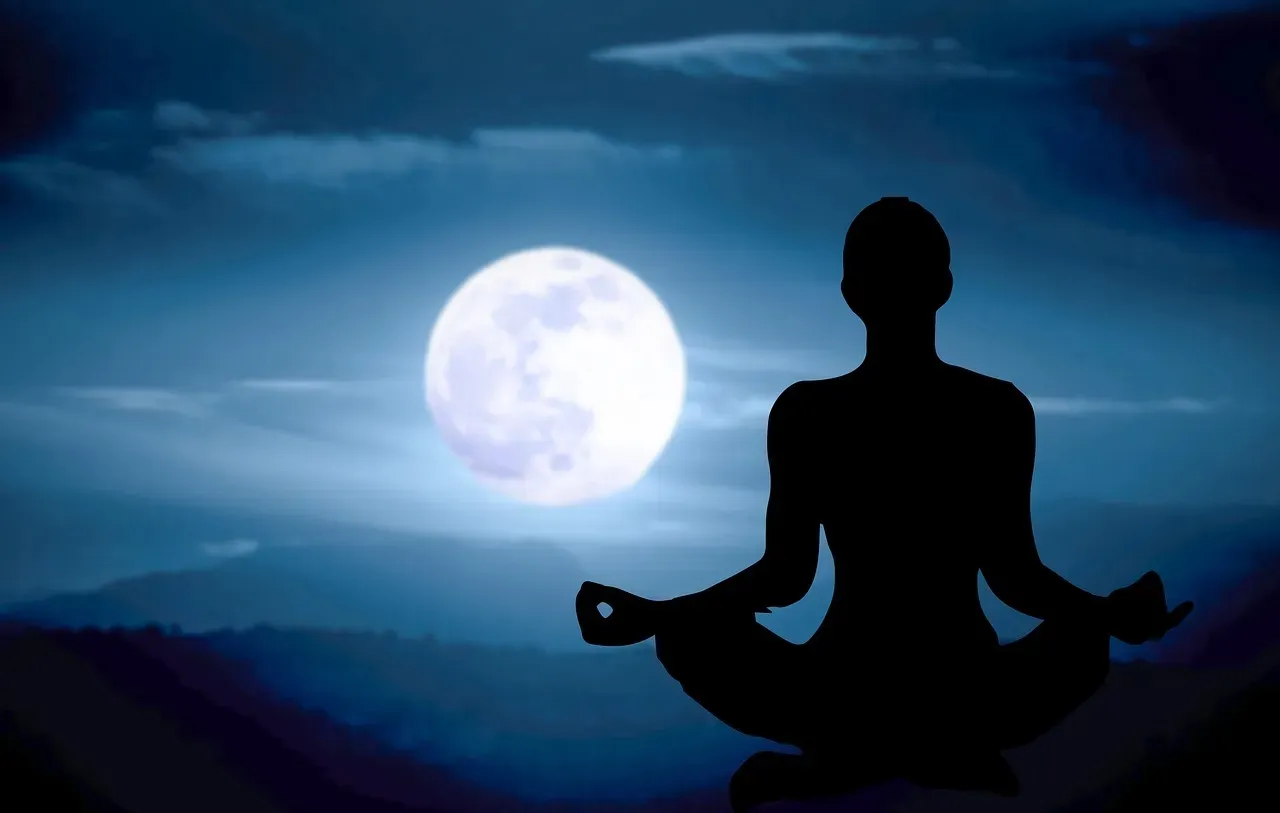I recently read about the Trolley Problem, and for those who don't know it, this dilemma became very popular and is often used to give an idea about a person’s way of thinking. It describes a situation where a train is running out of control on a track and there are five people tied to the track. You have the option to switch the train to another track, but on that other track, there is one person. So, what do you do?

This seems like a very difficult decision to make. But before thinking about any solution, we should realize that these dilemmas usually give you only two choices both of which are hard. Philosophically, they reflect your personality and way of thinking. However, what I’ve been thinking about is not the dilemma itself, but whether we actually apply this kind of problem in real life.
Do we, in reality, carry out this same trolley dilemma? For example, do powerful countries the so-called "First World" sacrifice a person from a Third World country for the sake of someone from a First World country? If we look at it this way, we might see that this dilemma is applied not just in the world, but also within societies. It seems like the weak or the rightful person is often sacrificed for some other reason.
In the original problem, it seems logical to sacrifice the few for the many this is how some people justify their decision. But in many real-life situations, we may sacrifice the weak for the strong, or the less educated for the one with more knowledge. This is similar to what happens in war medicine, where the more injured person is left untreated in favor of the less injured even if the more injured person came first or needed help more urgently.
This unfair bias can be seen in many things even within our own homes with our children. But we often forget something very important when making these kinds of decisions: we forget about who has the right and we also forget justice. This can lead to a sense of hatred and frustration because when decisions are based on external preferences, I begin to doubt the fairness of the system whether it’s the world or the society around me and this doubt might push me to try to take my rights by unfair or twisted ways.
For me, the solution to this dilemma is to let things go as they are, without blind bias, and without favoring someone just because they seem better or more important. If someone has a right to something even by chance so I think they should get it as Justice must lead and not personal preferences or opinions like this person is better or those people are more in numbers like that in trolley problem and all of this doesn’t convince me, and it shouldn’t convince you either especially if you or I were the one person tied on the other track.
